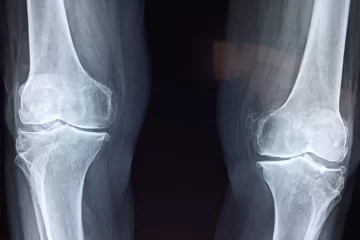Depression attack strategies
Published by Tony Attwood on
Depression attack strategies
Checklist for your parent/teacher/manager
The following are strategies that someone can use to help you while you are experiencing a ‘depression attack’. Your support person should …
Stay calm and reassuring
The agitation or confusion of another person will intensify your depth of despair, adding ‘fuel to the fire’. You may make hurtful comments, but the person helping you move through and out of the depression attack must not express their own distress in response to your comments and actions.
Not ask what is causing the distress
In such an intense emotional state, insight and coherent explanations are elusive and trying to explain and re-enter the experience may make the situation worse. It is more important to move on through and out of the depression attack.
Stay with you
Left alone, there is the risk of an impulsive action that could be dangerous. For safety reasons, someone needs to see you and be able to protect you from yourself or any destructive action. They do not have to be physically close, but within the same room or just several metres away.
Not try to ‘fix the problem’
Such intense emotions prevent the acceptance of suggestions which, at this stage of despair, will almost certainly be rejected, and perceived as provocative and lacking understanding and appreciation of the problem.
Not move in too close without prior approval
Encroaching uninvited into your personal body space, perhaps to express affection or compassion, may cause a physical reaction of rejection, such that they could be pushed away and be physically hurt. Affection may be used in such circumstances, but only with your prior approval, and at a level of expression that is soothing rather than confusing or overwhelming.
Validate the feelings and just listen
You may need to express your despair in words and expletives. This helps you to release the intense emotion. Your listener needs to acknowledge your feelings in a non-judgemental way, even if he or she does not agree with them. For example, he or she may say to you, ‘I know and appreciate how you feel completely hopeless and in such despair right now.’
Remind you that the intense despair will go
One of the characteristics of a ‘depression attack’ is that it is usually of short duration. You can be reassured that the feeling will eventually go.
Engage in minimal conversation
This is not the time for a conversation, on any topic, as a distraction, as the ending of the depression attack will come from within you. You need to withdraw from conversation and any social interaction in order to focus all mental energy on recovery.
Find a quiet sanctuary you can share to relax
There is a clear need to retreat to a safe sanctuary, without social, conversational or sensory demands. Neither should there be criticism, disappointment, anger or fear as to what you may be thinking or might do.
Avoid intense eye contact
Staring into your eyes whilst you are enduring a depression attack, especially with an intense facial expression, will probably create greater despair or confusion. It may be wise for your support person to look at your shoulder, or about a metre to the side of you.
Encourage participation in a special interest if you feel able
This can be the ‘off switch’ to provide an intellectual distraction, restore constructive rather than destructive energy, and enable a feeling of familiarity and well-being.
Allow time to process the intense emotions
The restoration of an emotional equilibrium may be a solitary process, with time to process thoughts, events and emotions before being able to move on to a new, positive frame of mind.


